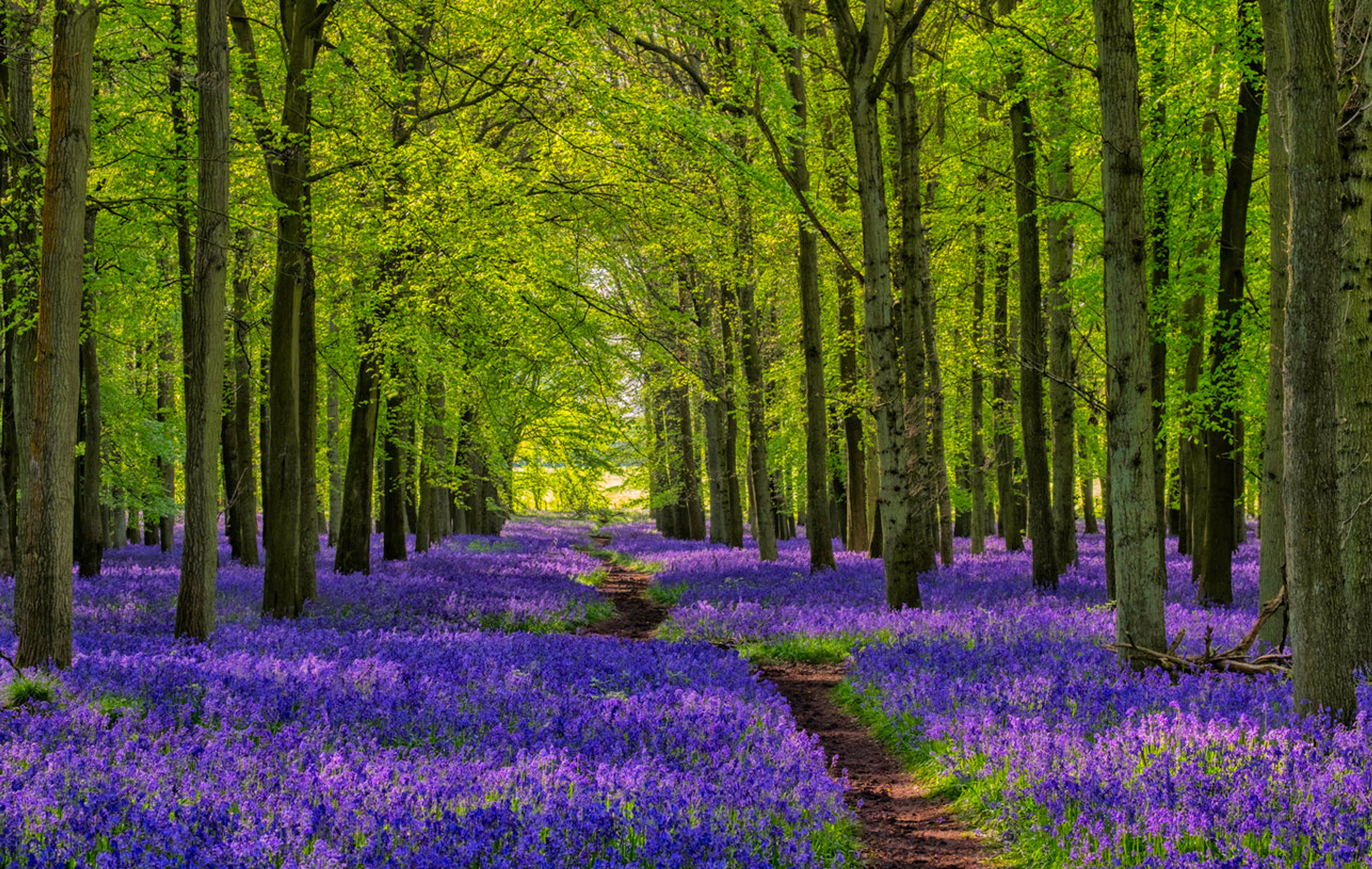9th November 2022
What are direct cremations and why are they becoming more popular?
By Tracey Gelder

Quite simply, for many people, dying is becoming too expensive.
From the cost of a coffin and cremation fees to paying for the undertakers’ services, a hearse and catering for a get-together afterwards, it all adds up very quickly. Even a fairly basic service using funeral directors can easily cost over £4000.
With budgets already stretched to breaking point for a lot of households across the country, it’s no wonder so many of us are looking for cheaper ways to say goodbye to our loved ones.
One increasingly popular alternative is a direct cremation – this article will examine this option in detail to discover what a direct or basic cremation involves and why more of us are choosing this simpler solution.
What is a direct cremation?
We’ve all heard it said of people that they wouldn’t have wanted a fuss after they passed. A direct cremation is the perfect way to fulfil that wish, as it eliminates a lot of the ritual and ceremony traditionally associated with funerals.
In a direct cremation, the deceased is taken directly to the crematorium by the undertakers, where the cremation takes place without a service and without any mourners in attendance. Afterwards, the ashes can be collected by the family to do with as they wish.
Of course, just because there is no ceremony at the time of cremation, it doesn’t mean you can’t organise your own memorial event at a different time and place.
How does a direct cremation differ from a traditional cremation?
There are a number of significant differences between a direct cremation and a traditional funeral beyond the absence of any kind of ceremony or service at the time. These include:
- You can’t choose the date or time of the cremation
- There is no hearse
- You can’t sit with the body at the funeral home
- The body won’t be embalmed, prepared or specially dressed
- With less to organise, a direct cremation will also usually happen sooner after death than a traditional ceremony
Why is direct cremation becoming a more popular choice?
They’re cheaper!
By eliminating all that ritual and ceremony, it’s possible to reduce the cost of a funeral by more than half.
Fewer people have a religious belief
In 2017, the 34th British Social Attitudes survey revealed that, for the first time, more than half of all adults questioned said that they had no religious affiliation. While that figure is driven up by the younger generations, even among those over the age of 75, 27% claimed to have no religious belief.
That change in attitudes is undoubtedly going to be reflected in the ways we mark the passing of those people for whom religion has as little significance as ritual and tradition.
They allow for more personal alternatives
A cremation without ceremony or a religious aspect allows for a more personal and meaningful gathering at a later date in a location that means more to the person who has died.
That can include scattering or interring the ashes in their favourite spot or where a positive impact can be made on the local environment.
A direct cremation is likely to offer a more all-round environmentally-friendly solution, something of increasing importance to more and more people and which we take particularly seriously at Tithe Green.
The effects of COVID-19
In 2018, before we’d ever heard of coronavirus and social distancing, direct cremations represented just 2% of all funerals. In 2022, even after normal life and death had been restored in just about every way, that figure is closer to 20%.
So, while the pandemic initially forced unattended, fuss-free funerals on us reluctantly, the experience seems to have led many of us to see their advantages.
If you’ve chosen a direct cremation, whether it’s for your own funeral or that of a loved one, our natural burial site offers environmentally-friendly burial solutions in our woodland and wildflower meadow sites.
Located in beautiful countryside that’s easily accessible from Nottingham, Leicester and Peterborough, our ashes plots support local wildlife, boost biodiversity and create a serene and welcoming place to celebrate a life both at the time of interment and for years into the future.
We have three sites based in Oxton in Nottinghamshire, Ketton in Rutland, and Markfield in Leicestershire.
Contact the friendly team at Tithe Green now to find out more.


